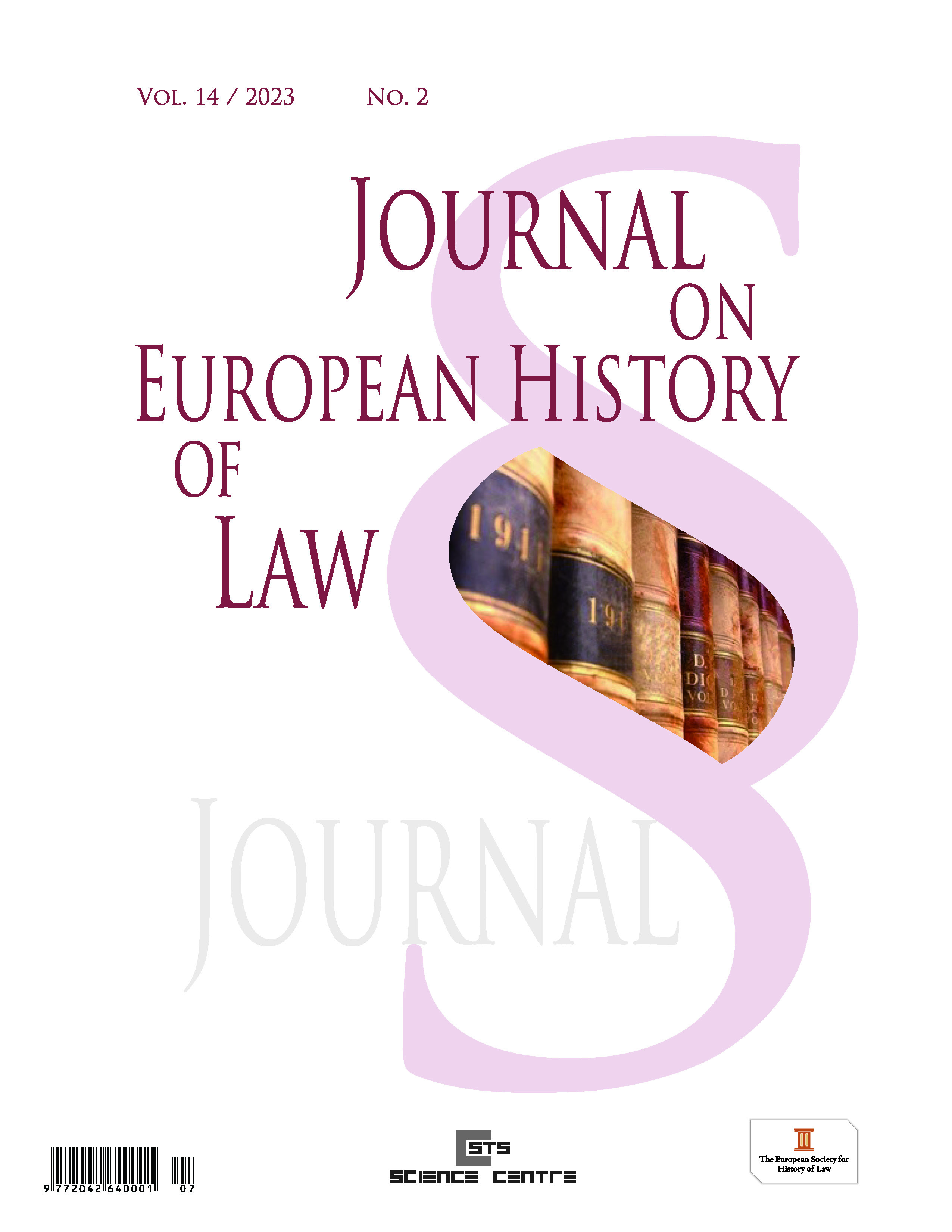Der Rechtsstatus und die Selbstverwaltung der Hauptstadt Budapest in der bürgerlichen Ära
The Legal Status and the System of Self Government of Budapest During the Bourgeois Period
Author(s): Gábor SchweitzerSubject(s): History, Law, Constitution, Jurisprudence, Jewish studies, Economic history, 19th Century, Pre-WW I & WW I (1900 -1919)
Published by: STS Science Centre Ltd
Keywords: Budapest; bourgeois period; self-government; municipal autonomy; general assembly; largest tax payers; centralization;
Summary/Abstract: The paper reviews the legal status and the system of self-government of Budapest in the Bourgeois Period. Budapest was created by the administrative merger of three cities - Pest, Buda and Óbuda – pursuant to Act XXXVI of 1872. In said period, the status and administration of the capital city were governed by separate laws. This was an expression of the special attention paid by the government and the legislature to the country's dynamically developing capital. During the existence of the Austro-Hungarian Monarchy between 1867 and 1918, liberal principles were the main determinants of the capital's legal status and administrative system. One of the typical institutions of this period was the general assembly, the guarantee of municipal autonomy: half of the membership was elected by the eligible population and half from among the ranks of the highest taxpayers. At the same time, Budapest's status as the capital of Hungary has led to a narrowing or even complete exclusion of the local government's room for maneuvers in certain areas. However, the centralizing administrative policy objectives of the national conservative government of the inter-war period resulted in the gradual crippling of self-governance.
Journal: Journal on European History of Law
- Issue Year: 14/2023
- Issue No: 2
- Page Range: 91-96
- Page Count: 6
- Language: German
- Content File-PDF

